Swollen eyelids: what are the symptoms, causes and treatment options?

Have you ever woken up with puffy eyes? You're not alone. Each and every one of us has probably noticed sticky, red eyes upon waking up and most likely hasn't thought much of it. But what actually causes swollen eyelids? And when should you go to the doctor?
What causes swollen eyelids?
Swollen eyelids can be caused by various things. Oftentimes, they are harmless and treatable with home remedies, but some causes of swollen eyelids require a visit to the ophthalmologist.
If you are frequently affected by swollen eyelids, we recommend that you get to the bottom of why it's occurring. Here are a few questions you can ask yourself:
- Am I using new cosmetics or eye makeup?
- Do I wear my contact lenses too often and for too long?
- Are my eyes very dry, possibly from working at a computer for a long time?
- Could it be the side effect of medications or something hormonal?
- Is my diet unhealthy or food I've eaten too salty?
Some people are rarely or not at all affected by these triggers. If this is the case, the cause could be lack of sleep or increased alcohol consumption the previous evening. A cold or allergy, as well as dry air, can also cause swollen eyes.
What are the different types of swollen eyelids?
You might suffer from inflammation of the eyelids, which is caused by clogged glands. A distinction is made below between a stye, chalazion, and inflammation of the eyelid margins. These often only occur in one eye at a time.
- A stye, also called a hordeolum, is a bacterial infection of the eyelid margins. A stye leads to an accumulation of pus, which can occur on the upper or lower eyelid.
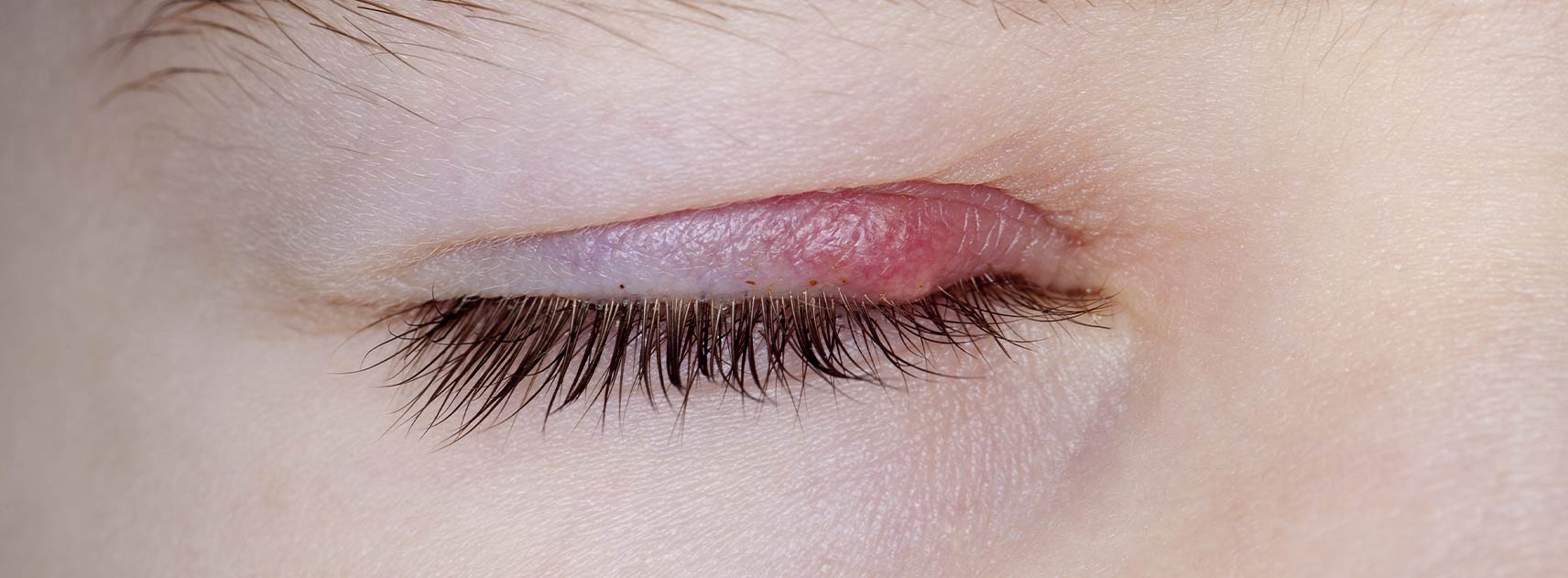
- A hailstone, also called a chalazion, is caused by clogged glands at the edge of the eyelid. A nodule develops, which can reach the size of a pea.
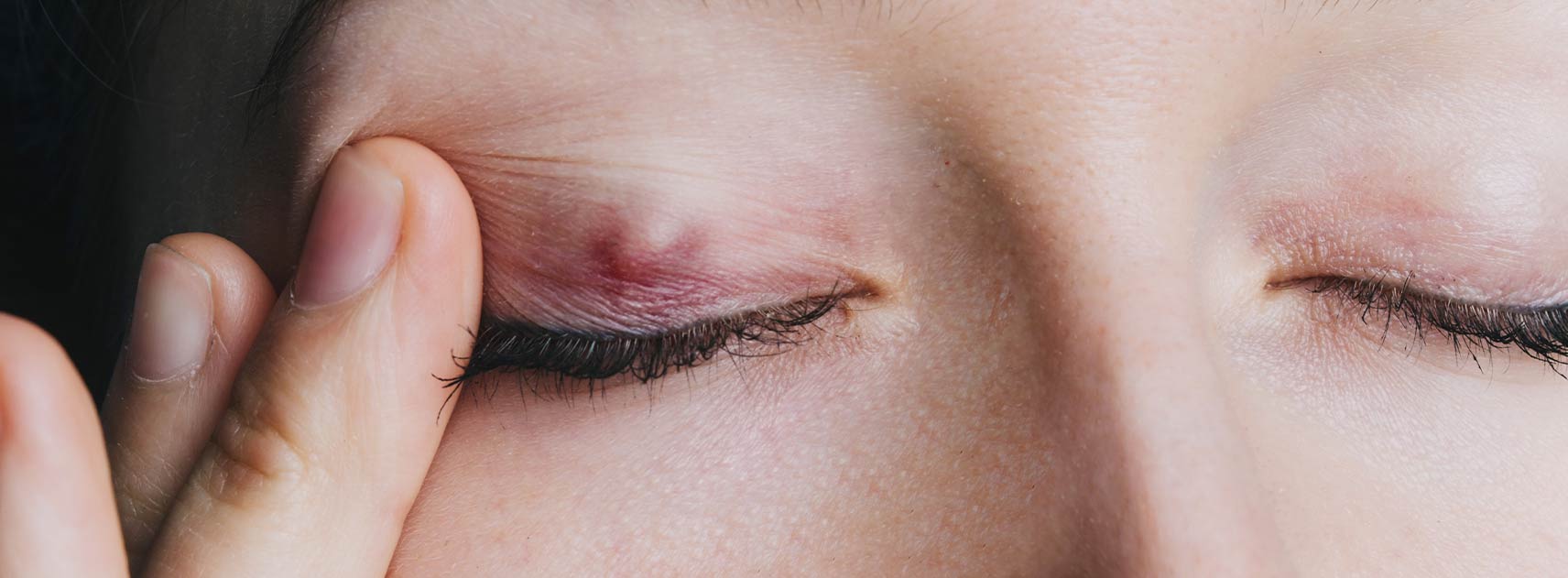
- Inflammation of the eyelid margin, also known as blepharitis, is caused by a build-up of secretion in the glands of the eyelid margin.
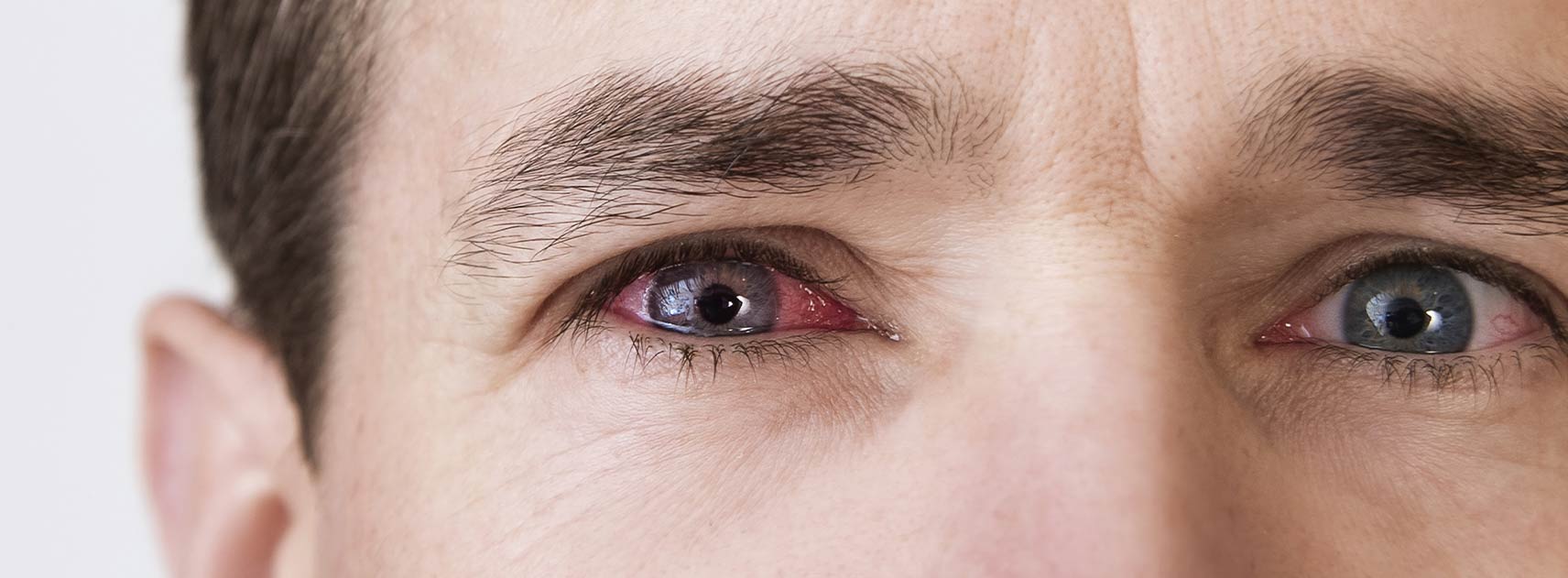
A swollen eyelid can also be caused by an accident, or a so-called "black eye", which subsides after a few days.
Can I wear contact lenses with swollen eyelids?
It's recommended to avoid wearing contact lenses in the case of swollen eyes. Particularly if you're suffering from one of the above types of inflammation, contact lenses should not be used under any circumstances.
Does wearing glasses help with swollen eyelids?
If you have swollen eyelids, it's recommended that you wear your glasses to relieve your eyes. In addition, glasses protect your eyes from external influences such as pollen.
If you're suffering from hay fever, we recommend wearing well-fitting sunglasses especially if you're outdoors.
What are the symptoms of swollen eyelids?
A swollen eye is often accompanied by various symptoms. These symptoms indicate the cause of the swollen eye. Often the symptoms disappear after a short time, but if you are affected frequently or if the swelling persists for several hours, you should consult an ophthalmologist.
Often, people with puffy eyes suffer from sticky eyes, experience itching or have a sensation of burning eyes. Some have become more sensitive to light as a result, and depending on how swollen the eyelid is, this can affect vision. The conjunctiva may be red and flakes may form on the eyelids.
In the case of a stye, pressure-sensitive eyelids and pain often occur. It may feel as if there is a grain of sand in the eye. A hailstone, on the other hand, is painless but you can feel the increased pressure of the swollen eyelids.
With eyelid margin inflammation, the eyelids are often sticky and red, plus you may have other symptoms such as slightly watery and sensitive eyes.
What are the treatment options for swollen eyelids?
The best treatment for swollen eyelids depends on the cause. In any case, it is advisable not to strain your eyes even more. Therefore, contact lens wearers should refrain from wearing contact lenses for the time being. You should also be careful with cosmetics and eye make-up. It is best to avoid them altogether so that no further irritation develops.
If your eyelids are only slightly swollen or you already know the cause, you can treat swollen eyelids with home remedies. A cool compress often helps to reduce swelling. It is also very important to drink plenty of fluids so that the lymphatic drainage system functions properly.
However, if you do not notice any improvement or you feel pain and suffer from extremely red eyes, then you should see a doctor. Depending on the cause, they might prescribe additional medication. For example, if you suffer from an allergy, antihistamines or other medications are often prescribed. Moisturising eye drops also help relieve symptoms.
Treatment for a stye
In the case of a stye, medication is also administered, for example in the form of an eye ointment, which prevents the spread of the bacterial infection. In most cases, the swelling goes down on its own after a few days. In the event of severe pain or a feeling of pressure, the ophthalmologist can take further measures against the accumulation of pus.
Treatment for a hailstone
A hailstone usually disappears on its own. To clear the secretion congestion more quickly, warm compresses or eyelid massages often help. In some cases, often for aesthetic reasons, a hailstone can be removed with a minor surgical procedure.
Treatment for eyelid margin inflammation
In eyelid margin inflammation, it is important to ensure good hygiene and proper cleaning of the eyelid margin. Warm compresses can reopen the clogged glands. Your optician will be happy to advise you.
What can I do to prevent swollen eyelids?
Take good care of your eyes by practising good eye care hygiene, especially if you are a contact lens wearer. Always wash your hands before touching your eyes. A healthy lifestyle and a strengthened immune system can also help to prevent puffy eyes.
If you regularly suffer from swollen eyelids, it is advisable to consult an ophthalmologist.
Read more
Want to learn more? Check out the Lentiamo guide on eye diseases to read about topics ranging from red eyes to ocular migraines.

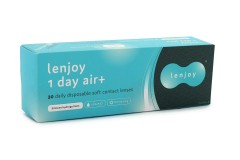
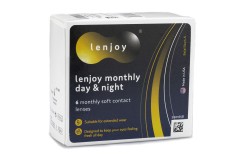
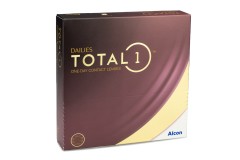
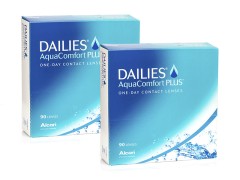
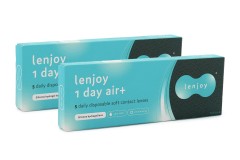
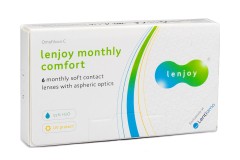
Comments